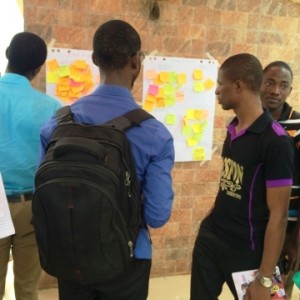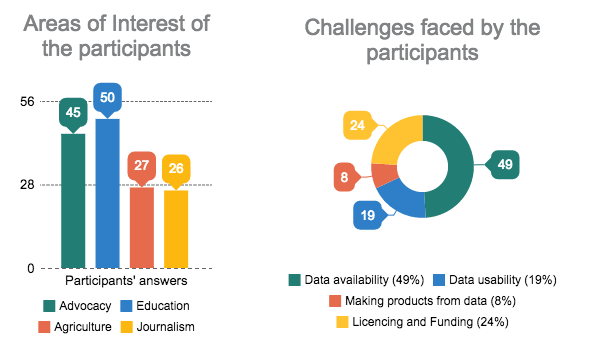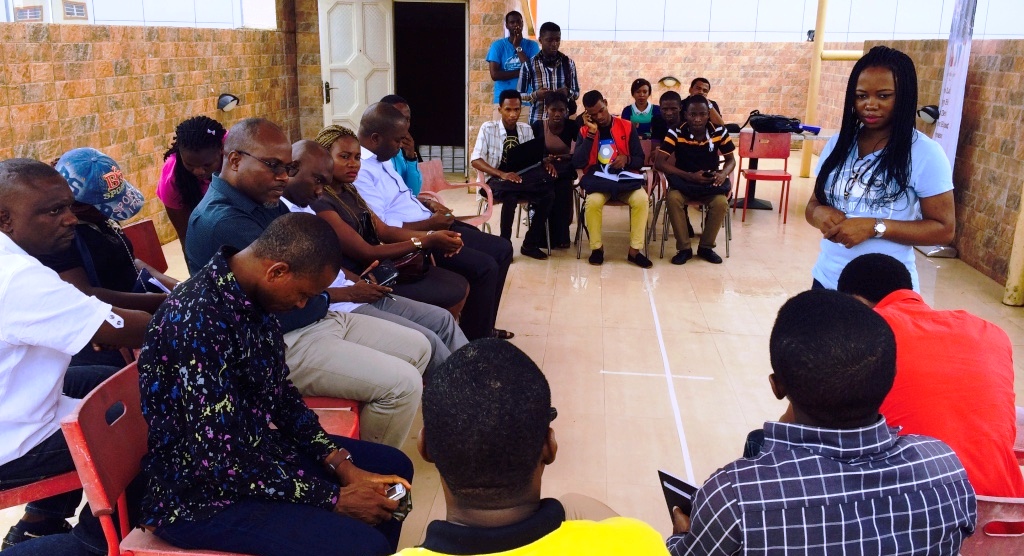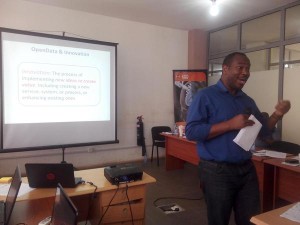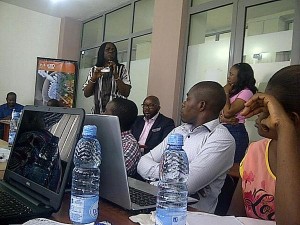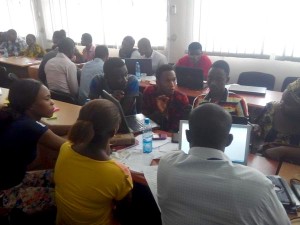The 2nd Nigerian Open Data Party, a Great Success
Nkechi Okwuone - January 20, 2016 in Event report, Fellowship
The open data scene is rising in Nigeria, and it has seen the birth of a vibrant community: to the North, Connected Development; to the West, BudgIT, Orodata, Code for Nigeria; to the South, SabiHub and NODA, to mention a few. We all came together on the 11th and 12th of December 2015 to hold the second edition of the Open Data Party, the biggest open data event in Nigeria, with support from School of Data, Code for Nigeria and the Heinrich Böll Foundation.
The first edition was hosted by Sabi Hub in Benin City, Edo State, Nigeria, in collaboration with the Benson Idahosa University. The event, described as the highlight of Nigerian Open Data Conferences in 2015, brought together data enthusiasts among social workers, journalists, government officials, academics, and activists from all over Nigeria. They learned and shared skills around using data to enhance their activities.
The 2015 event was focused on waste management and saw a wealth of notable speakers/facilitators present. This included: Katelyn Rogers (Open Knowledge International Project Manager) Adam Talsma (Senior Program Designer and Nigeria Country Manager at Reboot) Stanley Achonu (Operations Lead at BudgIT), Temi Adeoye (Lead Technologist at Code for Nigeria), Nonso Jideiofor (Reboot), Joshua Olufemi (Premium Times Nigeria), Ayodele Adeyemo (Nigeria Open Data Access),Tina Armstrong Ogbonna (Reporter with Radio Nigeria and Freelance Journalist), Oludotun Babayemi and Hamzat Lawal (Co-Creator of Follow The Money in Nigeria) and the hostess Nkechi Okwuone (School of Data Fellow, manager the Edo State Open Data Portal and Sabi Hub).
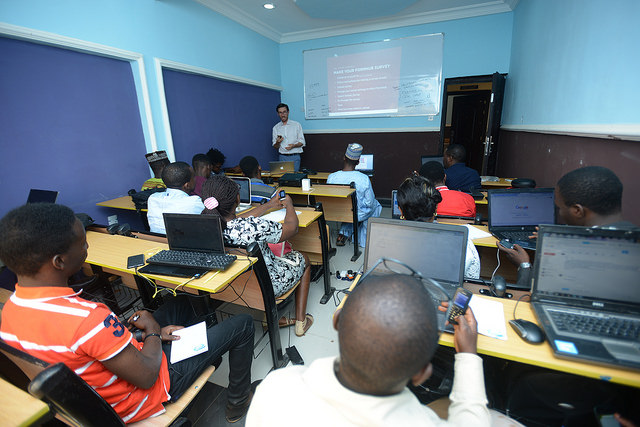
Skill Share Session
Day 1 of the event featured sessions on Data Pipelines (Finding Data, Getting Data, Scrapping Data, Analyzing and Publishing Data) and Ground Truthing Data using Mobile Phones. Other sessions that ran concurrently dealt with Data Scraping Tools and Digital Security and Privacy. The day ended with participants encouraged to document what they wanted to learn or teach on the unconference session of Day 2
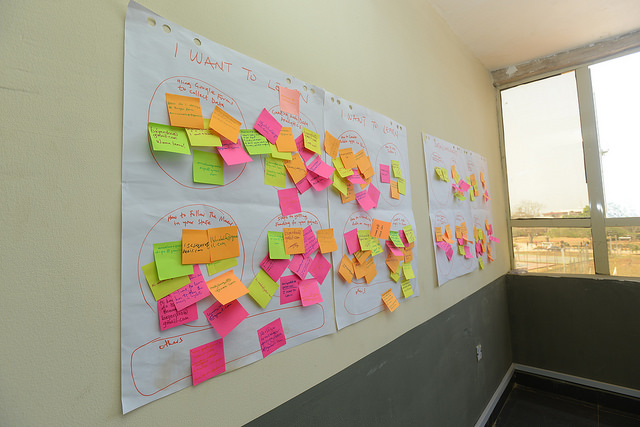
Participants Documented their ares of interest – Either Learning or Teaching for the Unconference session
Day 2 kicked off with a panel session on waste management challenges in the Edo State and how it could be tackled from an advocacy, entrepreneurial and technology perspective.
Immediately following was a 2-hour long unconference session focusing on the learning interests written by participants on sticky notes. This included a Follow the Money session, securing funding for your ideas/projects and maximizing web analytics.
Rounding up Day 2 was the Ideation session which began with Temi Adeoye speaking to participants on how to better understand data problems, getting divergent and convergent ideas as well as thinking outside the box to get good results.
Participants formed groups and brainstormed on developing a tool/platform to solve challenges in waste management with emphasis on recycling, collection and dumping. The session lasted for 2 hours and had a total of 16 participants who were each given 3 minutes to make a presentation of their ideas to a panel.
Winners of the Ideation Session
The winning idea came from Abdul Mohammed from Kano and Emmanuel Odianosen from Edo State who will be developing a reporting tool to help waste managers (collectors) efficiently collect waste in communities. They were rewarded with a thousand British Pounds (£1,000) provided by School of Data, along with an incubation and mentorship package provided by Sabi Hub, Code for Nigeria and Connected Development.
And of course we went partying properly at the popular Subway Lounge In Benin City Nigeria!. The event attendees expressed delight at the effort of the organizers who ensured that the event was world class and they all look forward to a bigger event come 2016. A big Thank You to School of Data, OD4D, Code for Nigeria, Sabi Hub, Connected Development, Heinrich Böll Foundation and the Benson Idahosa University for making the event a success!
View details about the event here
See pictures and videos here

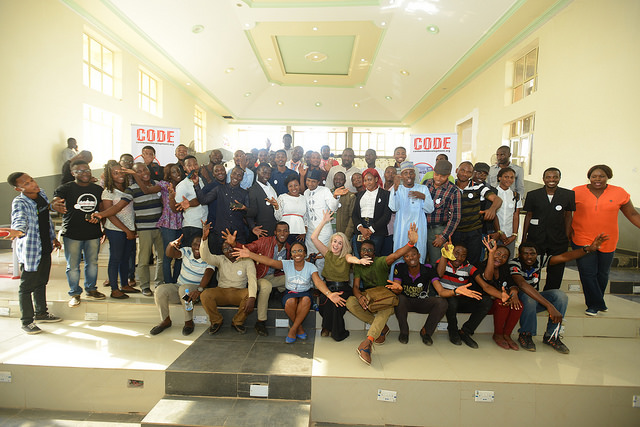
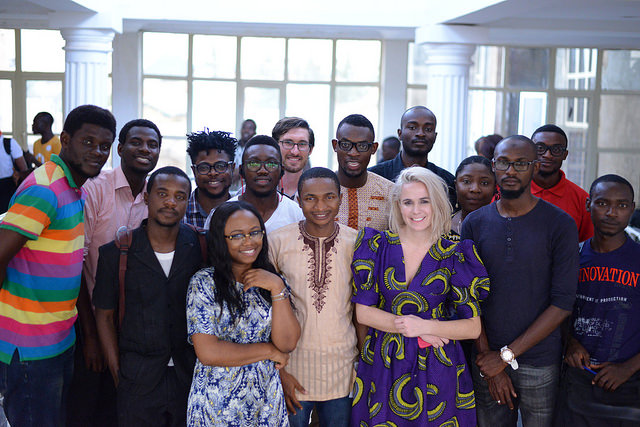
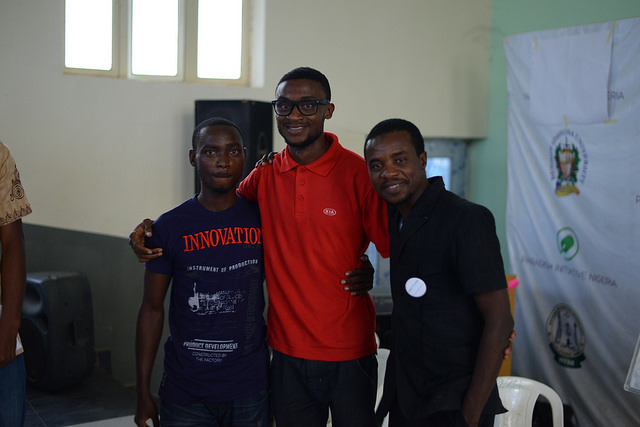

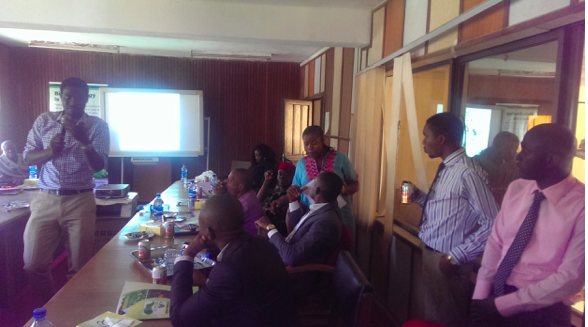


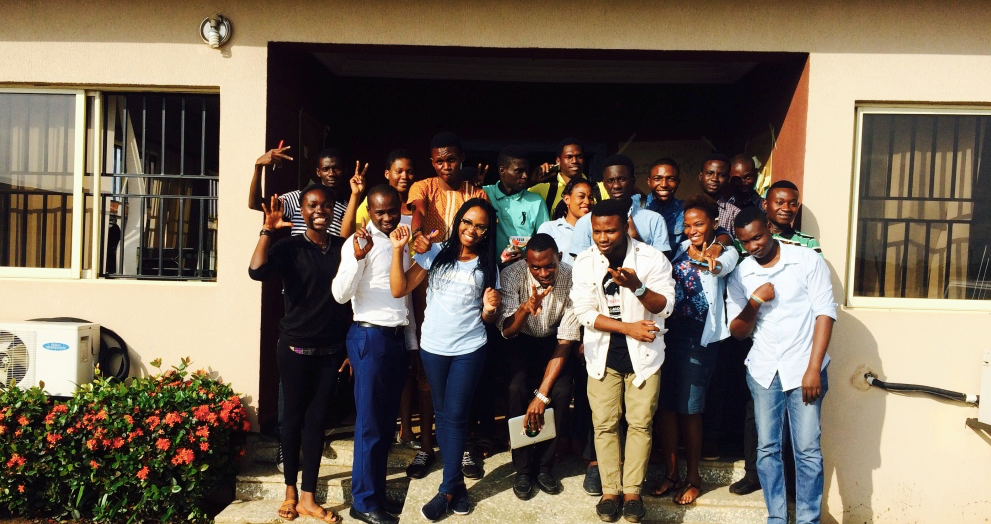
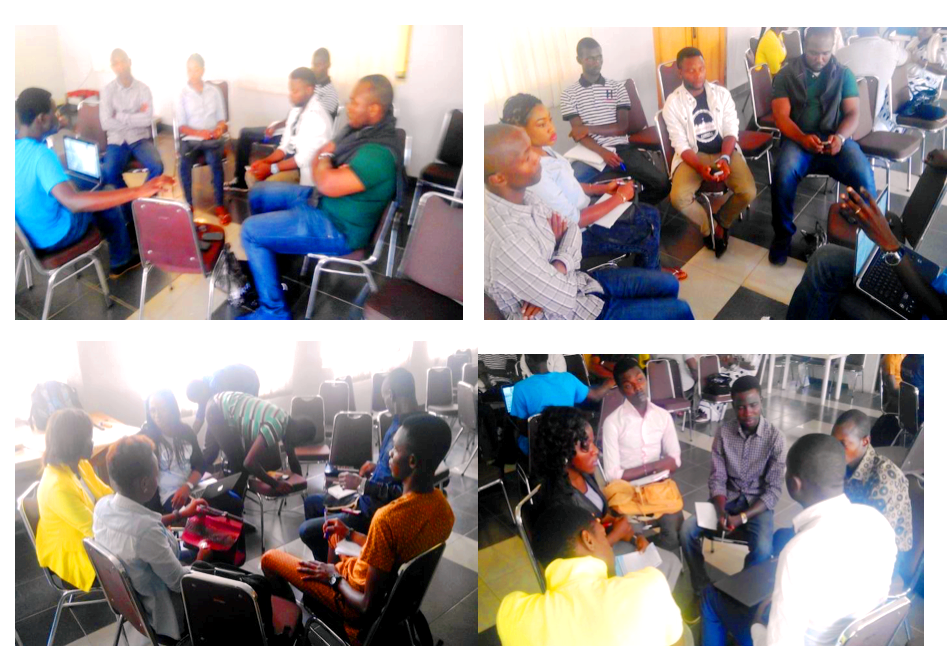
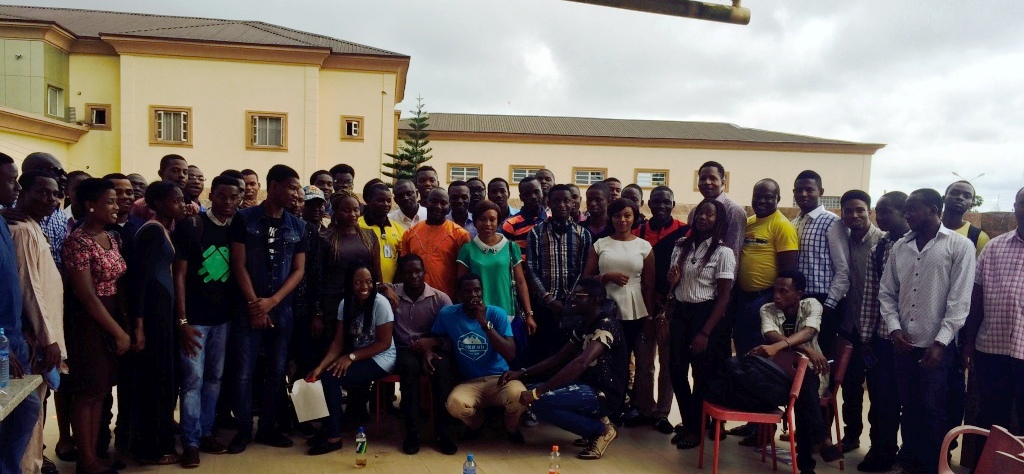
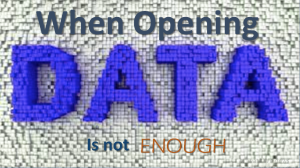 As the the fight for transparency and accountability in government keeps going with the help of open data, Nigerians are doing their share and innovating in that area. New initiatives around open data, open government, open education, open access… are appearing in Nigeria. But people are still used to the traditional ways of getting the government to listen to the citizens : unions, town hall meetings, protests, etc.
As the the fight for transparency and accountability in government keeps going with the help of open data, Nigerians are doing their share and innovating in that area. New initiatives around open data, open government, open education, open access… are appearing in Nigeria. But people are still used to the traditional ways of getting the government to listen to the citizens : unions, town hall meetings, protests, etc.
